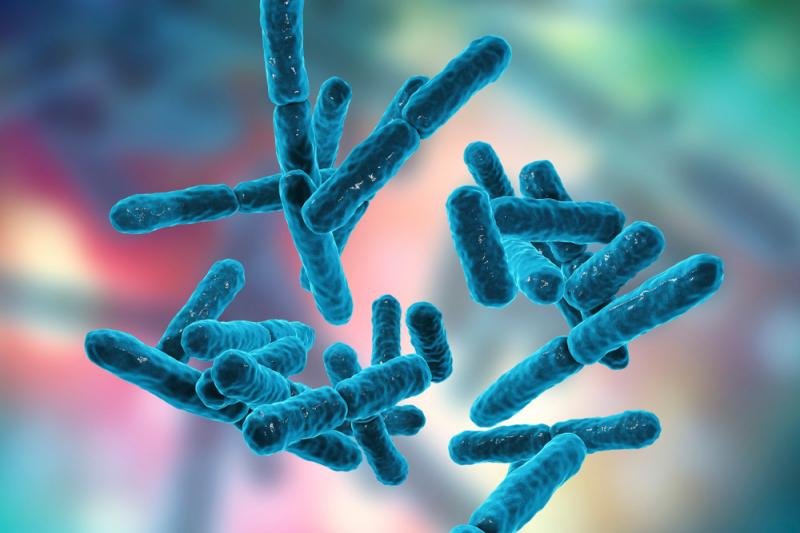Animal Probiotics Market Developments Include Innovations in Spore-Forming and Heat-Stable Probiotic Strains

The Animal Probiotics Market is rapidly evolving, with significant developments centered around the introduction of spore-forming and heat-stable probiotic strains. These innovations address key challenges related to probiotic stability, viability, and delivery in various feed and environmental conditions, thereby expanding the application and effectiveness of probiotics in animal health management.
Challenges in Probiotic Stability and Viability
Probiotics, by nature, are sensitive to environmental factors such as heat, moisture, and oxygen, which can reduce their viability during feed processing, storage, and gastrointestinal transit. Traditional probiotic strains often struggle to maintain their effectiveness when subjected to pelleting processes or harsh farm conditions.
This limitation has spurred research and development efforts to identify and engineer probiotic strains that can withstand these stresses without losing potency, ensuring consistent benefits to livestock.
Emergence of Spore-Forming Probiotic Strains
Spore-forming probiotics, such as Bacillus subtilis and Bacillus coagulans, have emerged as game-changers in the Animal Probiotics Market. These strains produce endospores—a dormant, highly resistant form that protects them against heat, desiccation, and acidic environments.
The spore-forming capability allows these probiotics to survive feed pelleting and harsh gastric conditions, ensuring that viable bacteria reach the intestine where they exert their health-promoting effects. Their robustness has made them popular in poultry, swine, and ruminant nutrition, particularly in intensive farming systems where feed is often heat-treated.
Advances in Heat-Stable Probiotics
In addition to spore-forming strains, the market is witnessing the development of non-spore-forming probiotics with enhanced heat stability. Through strain selection, genetic improvement, and innovative formulation techniques such as microencapsulation, manufacturers are producing probiotics capable of retaining viability during feed processing and prolonged storage.
Heat-stable probiotics enable producers to incorporate live beneficial bacteria into a broader range of feed types and conditions without compromising efficacy. This flexibility supports more consistent and widespread use of probiotics across diverse livestock operations.
Benefits to Livestock Health and Production
The use of spore-forming and heat-stable probiotics improves gut health by promoting a balanced microbial environment, enhancing digestion, and strengthening immune defenses. Their stability ensures that animals consistently receive effective doses, reducing digestive disturbances and improving growth performance, feed conversion ratios, and disease resistance.
These probiotics also contribute to reducing reliance on antibiotics, supporting antibiotic-free and sustainable farming practices.
Industry Adoption and Market Impact
Leading animal health companies and feed manufacturers are incorporating these innovative probiotic strains into their product portfolios. Strategic collaborations with biotech firms and research institutions accelerate the discovery and commercialization of next-generation probiotics.
As a result, the Animal Probiotics Market is becoming more dynamic, with enhanced product offerings tailored to the specific needs of different animal species, production systems, and regional farming practices.
Future Outlook
Looking forward, continued innovation in probiotic strain development, delivery systems, and formulation technologies will drive market growth. Emerging trends include combining spore-forming strains with prebiotics for synergistic effects and integrating probiotics into multifunctional feed additives.
The advancements in spore-forming and heat-stable probiotics position them as essential tools in modern animal nutrition strategies aimed at improving health, productivity, and sustainability.





